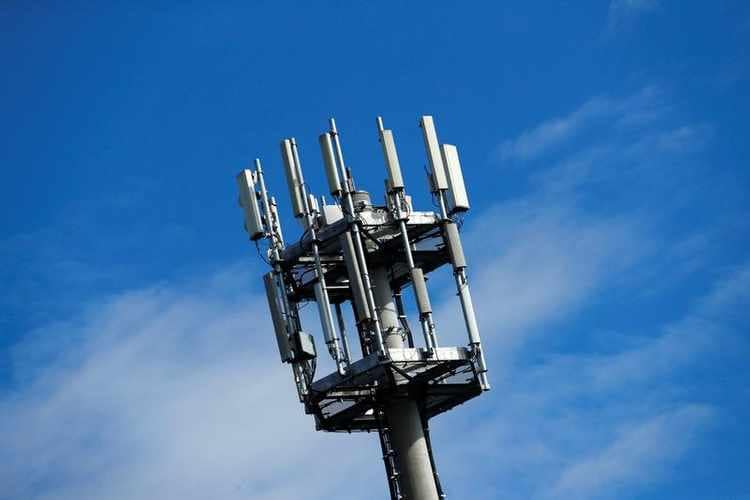The ANRT has published a summary of the legal revisions which have marked the telecommunications sector since Law 24-96. Law 121-12 is applicable from March.
After the adoption of the new telecoms law by both houses of Parliament and its publication, the sector regulatory agency saw the need to consolidate all of the revisions that were made to Law 24-96 in a single text. Even if the agency takes care to mention that “this text cannot in any way replace the original versions of the laws published in the BO”, the regulatory body insists on the need to provide the sector with a legal and regulatory in perfect harmony with the treaties and international arrangements to which Morocco subscribes, “capable of encouraging private initiatives to extend postal and telecommunications networks and services to the entire territory”. The consolidated version of the law which was produced by the agency aims to define the legal framework governing telecommunications networks which can be operated by private persons holding a license, which will be granted by decree.
The contributions of the new legislation
It is the new article 7 of the law which puts an end to the rules which have prevailed since the legal revision of 2001. Thus, operators of alternative infrastructures can rent or transfer excess capacity to a public network operator which they will be able to dispose of, “in compliance with the legislation relating to the occupation of the public domain”. The refusal of the rental or transfer request must be justified, just as the rental or transfer contract must be communicated in its entirety to the ANRT. Other requirements imposed by the new law require that revenues and expenses relating to this session be traced in separate accounts of the alternative infrastructure operator and require that the rental must not infringe the rights of way of others operators of public telecommunications networks. For the moment, the terms of interconnection and access are not yet detailed and must be the subject of an implementing decree, with a right that has been granted to the ANRT to resolve disputes. .
In terms of respect for competition, the agency will have to apply the provisions relating to freedom of prices and competition for anti-competitive practices as well as concentration operations in the sector. An infractions committee was established. The agency also carries out the necessary investigations to apply the new provisions. The main highlight is that the ANRT informs the Competition Council of the decisions taken following the investigations carried out by the agency’s sworn agents.
As a reminder, the Infringements Committee can issue penalties and fines in cases of anti-competitive practices, as well as appeals brought against the agency’s decisions “are formed, instructed and judged in accordance with the legislation relating to the freedom of price and competition”, as indicated in article 7 of the law. In addition to these measures, Law 121-12 indicates that public network operators are required to route and exchange national internet traffic via their networks “through an internet exchange point created on the national territory”. A second implementing decree is expected to set the conditions for management and operation of the internet exchange point. The licensing regime has also been codified with new specifications which will be established and must above all set the financial compensation required from operators.




